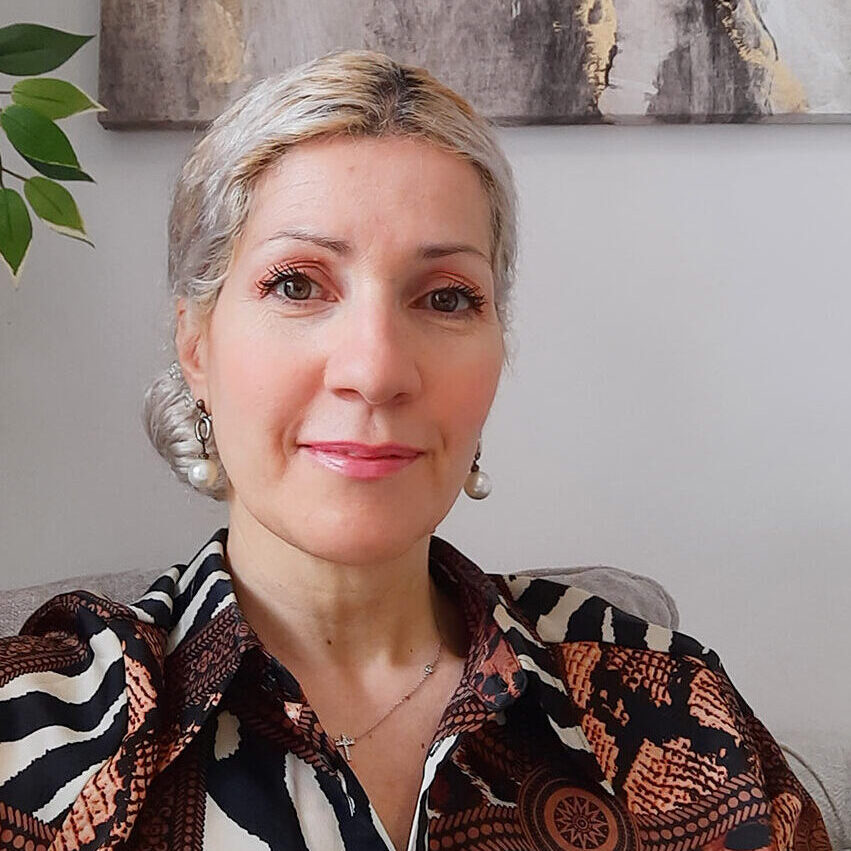Psychotherapy
Psychoanalytic psychotherapy is a process that offers a space for deep reflection and self-discovery, guided by an understanding of the unconscious motivations and conflicts that shape behavior and emotions. Psychotherapy is accessible to everyone, regardless of their psychological problems.
Throughout the sessions, the focus is on exploring emotional, relational and behavioral patterns that often stem from past experiences, often unconscious, which influence current difficulties.
This type of psychotherapy is distinguished by its emphasis on the process of free association, where the patient is encouraged to talk freely about their thoughts and feelings. Through this spontaneous expression, therapy allows repressed conflicts to come to the surface, enabling a deeper understanding of the causes of emotional and behavioral problems. The therapeutic relationship, the bond between therapist and patient, also becomes an essential tool in the healing process, allowing unconscious dynamics to be expressed and worked on within the relationship itself.
Unlike approaches more focused on the immediate resolution of symptoms, psychoanalytic psychotherapy focuses on a deeper transformation, working not only on symptom relief, but also on emotional restructuring. It is a medium to long-term therapy, ideal for those seeking to understand the deeper roots of their emotional challenges and, at the same time, create lasting change.
Psychoanalytic psychotherapy is an invitation to those who wish not only to resolve immediate issues, but to delve into their personal and emotional history, understanding the deeper layers that structure their psychic life, thus promoting genuine and lasting changes.







